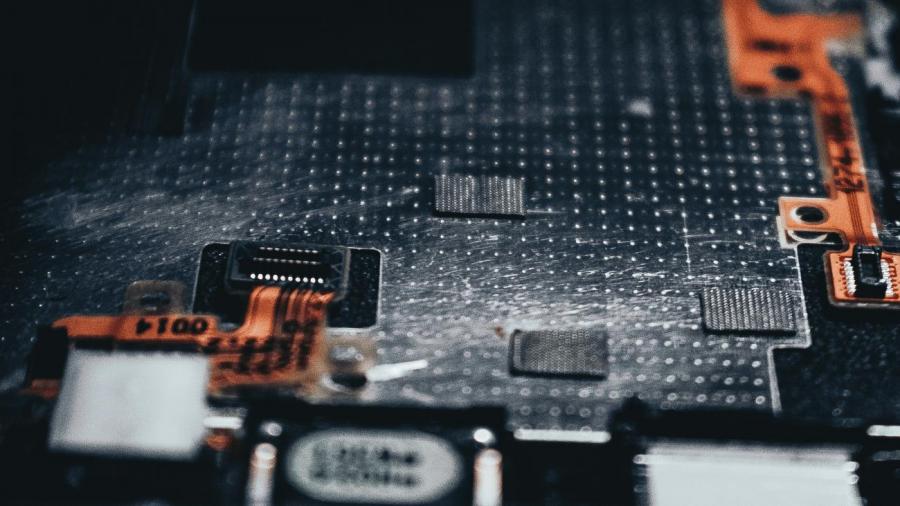
March 30, 2020 | 3 p.m.
Location Biodesign Institute
Campus Tempe
"Can Computers be Conscious?"
Abstract
Research on consciousness generally assumes that theories of consciousness will be testable using the standard techniques of neuroscience. Given a proposed theory, the field should focus on correlating consciousness experiences that the subject reports to the neural events going on simultaneously in the brain. Those neural correlates should then either confirm or falsify the theory. Yet there is a line of research, such as the notion of universal computation, that shows how functions can be implemented not just in a variety of substances (carbon vs silicon) but also in a variety of ways. This, along with more recent research, indicates that some systems can be functionally identical in terms of report but have vastly different functional and causal architectures (such as a computer vs a brain). Two systems might report an identical experience arrived at by wildly different functions, algorithms, or causal structure. Therefore, consciousness may be completely decoupled from report in a manner that makes confirmation of a theory of consciousness impossible within the confines of traditional neuroscience. Instead, consciousness researchers should place emphasis on theories that are explanatorily satisfying, rather than predictively satisfying.
Biography
Erik Hoel is a postdoctoral researcher at Columbia University in the NeuroTechnology Lab working under Rafael Yuste. He is also a visiting scholar at The Institute for Advanced Study in Princeton. As a cofounder of the non-profit organization YHouse, based in NYC, Hoel helps the organization promote scientific research into consciousness, bridge gaps between science and the humanities, and host public events. Previously he was a graduate student at Giulio Tononi's Sleep and Consciousness Lab working on Integrated Information Theory. His research on consciousness was funded by DARPA, as well as the John Templeton Foundation. He is also a fiction writer and essayist.